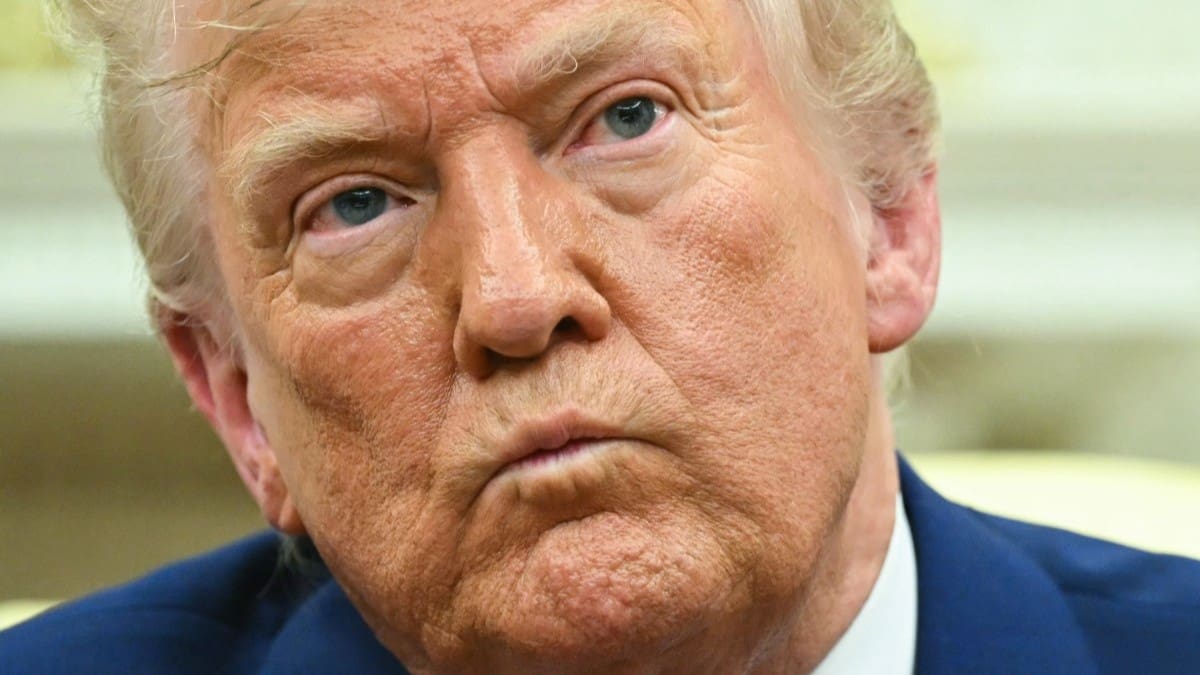
U.S. President Donald J. Trump seen in the Oval Office on April 7, 2025
Saul Loeb / AFP
The European Union’s last-ditch attempt to avoid Donald Trump’s tariffs by slashing its own against the U.S. fell on deaf ears, with the measures now set to come into effect on Wednesday.
Trump dismissed the “zero-for-zero” tariffs offer as not going far enough. He said the bloc needs to buy more American goods to reduce the trade gap with the U.S. He also said on Monday that the deficit would “disappear fast” if Europe moved to purchase American energy.
They have to buy and commit to buy a like amount of energy.
The president also doubled down on his claim that “the European Union has been very, very bad to us” by not purchasing enough cars or agricultural products—“practically” anything, in (perhaps slightly exaggerated) fact.
We’re paying them to guard them militarily and they are screwing us on trade, so that’s not a good combination.
It remains to be seen whether Brussels will now go back to its instinct of strongly retaliating against the tariffs. Some officials want to respond by widening the trade deficit even further, in particular by buying fewer services from the U.S. French Trade Minister Laurent Saint-Martin also said on Monday that the EU should not rule out retaliating in an “extremely aggressive” manner.
Following a meeting of the bloc’s—totally disunited—trade ministers in Luxembourg, Trade Commissioner Maroš Šefčovič stressed: “We are prepared to use every tool in our trade defence arsenal to protect the EU single market, EU producers and EU consumers.”
Italian PM Giorgia Meloni also looks set to visit Washington on April 16th, when Brussels officials no doubt hope she can help avert a trade war.
Trump’s tariffs have been slightly less badly received in the UK, where anti-Brexit Labour cabinet minister Darren Jones accepted over the weekend that Britain’s lower rate was thanks to… Brexit. Foreign Secretary David Lammy could not, however, bring himself to admit the same thing.
